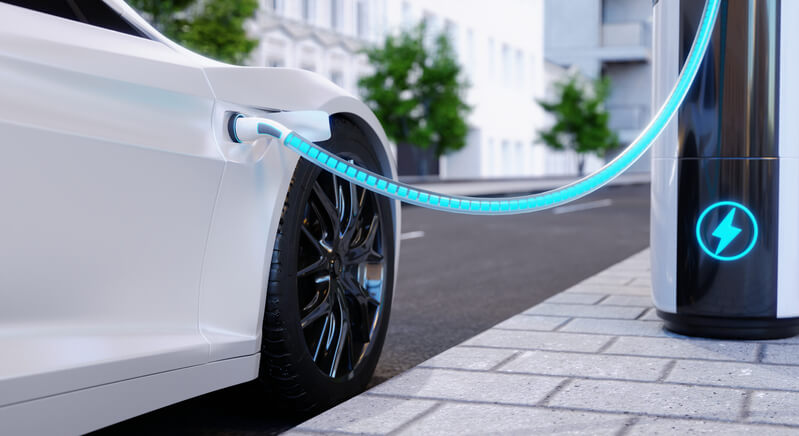Are Electric Vehicles Harder to Steal? The Answer for Auto Mechanic Training Students
The surge in electric vehicle (EV) popularity brings many questions, not just about their range or battery longevity, but their security. As an auto mechanic trainee, you might have wondered if EVs are more resistant to theft than their gasoline-powered counterparts.
The answer to this question might be surprising because evidence proves EVs are more challenging to steal than traditional internal combustion engines (ICE). You might think, “Are EVs more secure because they’re newer?” There’s some truth here. Many older vehicles, especially those from the late 20th century, have security flaws that today’s thieves have mastered. As a more recent development, EVs naturally benefit from the latest security technology.
If you’re currently undergoing auto mechanic training, you may be interested in knowing these security features. This blog post highlights some technological features that make EVs a bit harder to steal than gas-powered vehicles.
No More Hollywood Heists
First off, remember those classic action scenes where our protagonist, under intense pressure, hot-wires a car and drives off into the sunset? You can kiss that scenario goodbye with EVs. With electric ignitions secured by personal identification numbers (PINs) or unique security codes, traditional hot-wiring methods are a relic of the past.
Shocking Developments in Cable Security
Stealing an electric vehicle while it’s charging? Not as straightforward as you might think. A thief trying to sever an EV’s charging cables is in for a shocking surprise. The risk of a lethal electric shock makes it a high-risk, low-reward endeavour for car thieves.
Charging Station Safeguards
Charging stations, where most assume EVs are sitting ducks, have their protective mechanisms. Many of these stations employ lock systems requiring a card to release both charging cable ends. No card, no way to conveniently drive the vehicle off the station.

Auto Mechanic Training Addresses Advanced Security Features
As you’ll discover in auto mechanic training, many of the newest EVs have elevated security measures that are tough to breach. Tasks like towing an electric vehicle often need authorization from the owner, making the quick, stealthy theft a lot more challenging.
Are EVs Immune to Theft?
If you think EVs are the Fort Knox of vehicles, you must pump the brakes a bit. As technology advances, so do the strategies of those with less-than-noble intentions.
One such method is the relay attack. Thieves use a relay system to trick EVs and other keyless-entry cars into thinking the owner’s key fob or phone is nearby, granting them access. This technique has been notably successful with specific models using Bluetooth Low Energy (BLE), showcasing that security remains an evolving challenge even in the realm of EVs.

As an aspiring auto mechanic undergoing hybrid and electrical mechanic training, understanding the nuances of EV security is vital. While EVs present a more formidable challenge for thieves, it’s a cat-and-mouse game, and staying updated is crucial. Electric vehicles may have set a new standard in theft prevention, but as with all technology, the race between security and breach is ongoing. It’s essential to stay updated and informed.
Are you looking for a world-class automotive school?
Contact ATC Montreal for more information.


